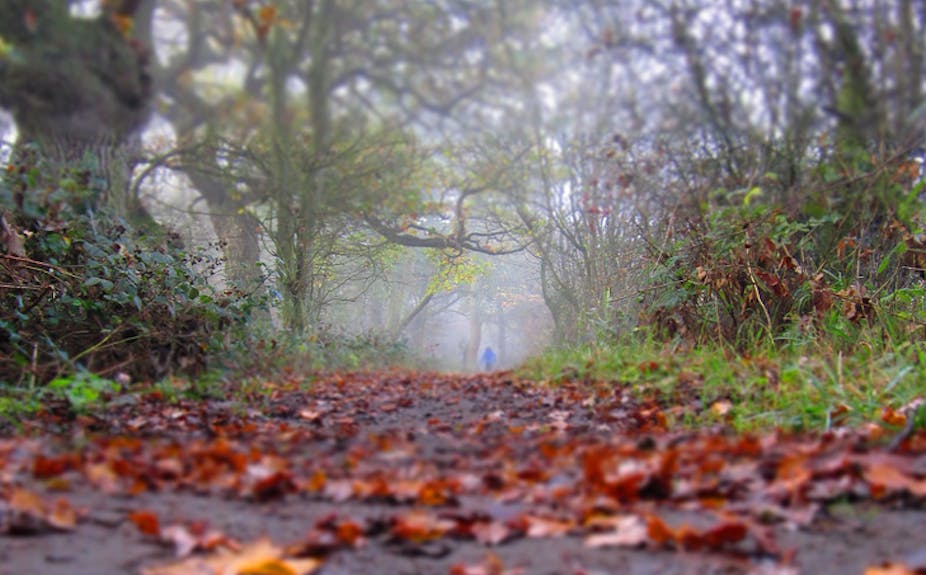Children who survive cancer treatment are much more likely to suffer health problems when they are adults, according to a new study.
Researchers who looked at more than 1,700 survivors of childhood cancer and found that almost all (98%) had one or or more health conditions. What conditions people suffer from depended on what kind of cancer they had and what kind of treatment they received as a child later in life. But the most common conditions the researchers found were abnormalities in the lung, heart and endocrine system, which is responsible for hormone production, as well as cognitive (thinking) skills. Conditions ranged from mild to severe, and other effects included hearing loss and visual impairment.
The individuals in the study ranged in age, so researchers used a “cumulative effect” to estimate who will be affected in relation to a specific age or time from their cancer therapy. They estimate that the likelihood of suffering from any chronic condition at age 45 was 96% and a serious/disabling or life-threatening condition as high at 80%.
“Adults treated for childhood cancer are known to be at risk of health problems related to cancer and its treatment (including second cancers) but the risk of health problems appears to increase with ageing,” says Dr Melissa Hudson, who led the study, said.
The study enrolled patients who had been treated for cancer between 1962 and 2001. Most of the sample study was taken from patients treated at the St Jude Children’s Research Hospital but included a small number of international patients from Central and South America. The researchers then spent up to three days performing medical tests on them as outpatients. This included completing health surveys, physical exams, lab tests and “special tests of nerve and muscle function”. Each person also had a special test related to their specific risks based on the cancer treatment they had, for example ECGs for people treated with chest radiation.
The researchers say that knowing more about later effects of cancer treatment could help with screening programmes, longer-term care plans and treatment.
There are a huge variety of problems that can result from the treatment of cancer in young people, Diana Greenfield, a Consultant Nurse at Sheffield Teaching Hospital and Honorary Lecturer at Sheffield University, said. Functional problems, for example, “can result from surgery, physiological problems and psycho-social problems such as cognition and impaired social functioning”.
Research recently published by the University of Leicester suggests long-term cancer survivors are more likely to suffer from anxiety than depression.
But not all conditions will be caused by cancer treatment and some second cancers may be the result of genetic factors.
“Both chemotherapy and radiotherapy (as well as radical surgery) all contribute, as well as the stress and strain of hospitals and lots of investigations on the body,” Professor Bleddyn Jones, Professor of Clinical Radiation Biology at Oxford’s Gray Institute for Radiation Oncology and Biology, said. “And X-ray and CT scans can provide significant radiation exposures too. Some believe there is a general ageing effect.”
But, Jones says, “genes which may have predisposed to the cancer in the first place may also be playing a part.”
Some types of tumour are associated specifically with genetic traits, Greenfield said, and these types are probably not associated with treatment. Comparing young people to their siblings and peers can also give more information, as do population studies that show particular patterns - for example certain conditions showing up in cancer survivors.
She said the UK is at an advantage when it comes to cancer research, because cancer registries provide in-depth records, data which is not comprehensively collected in the US.
One difficulty associated with researching the long-term effects of cancer treatment on children and young people is that there are a relatively small number of survivors, compared to their adult counterparts.
And research is also playing catch up. “There is always more to do,” Greenfield said. “The challenge is that treatments are constantly changing with many new potentially promising treatments available and in development. This means that while we are learning more about the after-effects of previous treatments, we know relatively little about the long-term and late effects of today’s treatments.”

